
Seeing Fish Sold in Black Plastic Bags at the Market: Sellers Never Say a Word, But the Observant Will Know Why
Seeing Fish Sold in Black Plastic Bags at the Market: Sellers Never Say a Word, But the Observant Will Know Why
It's no coincidence that fish are always packed in black bags!
If you’ve ever gone to the market to buy fish, you’ve probably wondered at least once: Why are fish always placed in black plastic bags, while other foods are packed in clear or colorful bags? Is there something being hidden?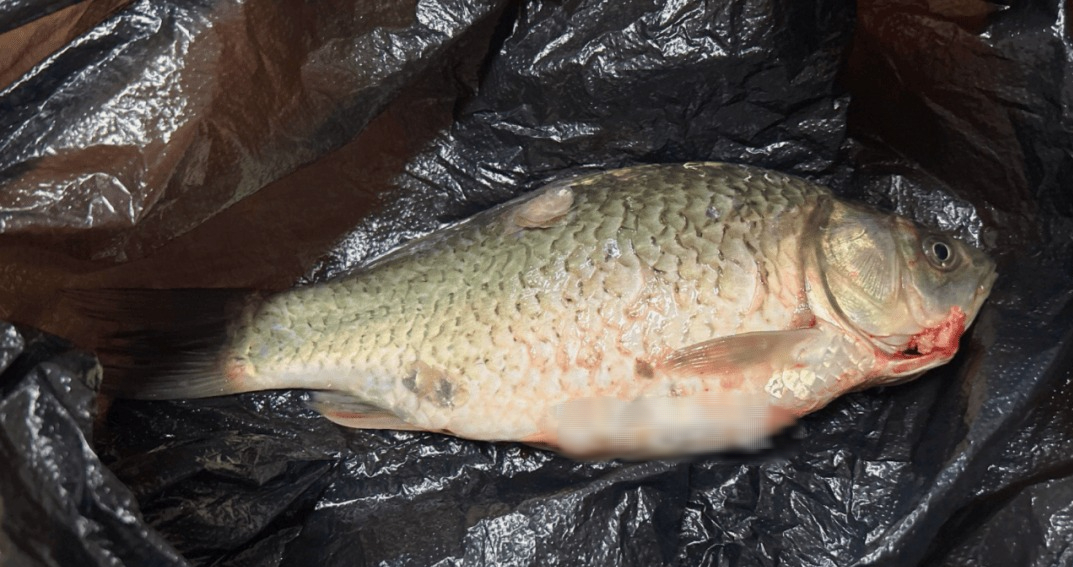
In fact, the use of black plastic bags for fish isn’t just a habit — there are several very practical reasons behind it. Below are three key reasons why black bags have become an essential item for fish vendors at the market:
1. Black bags are thicker and more durable for carrying fish
Even after being partially cleaned, fresh fish often still thrash around vigorously. If a thin or flimsy bag is used, it can easily tear, causing the fish to fall out. Meanwhile, black plastic bags are usually made from recycled plastic, making them thicker and sturdier — reducing the risk of a fish “jumping out” in the middle of the market. One black bag is often enough, without the need for multiple layers like with thinner plastic, helping sellers cut down on packaging costs.
2. Better at hiding blood stains and the fishy smell
After initial cleaning, fish still tend to retain traces of blood and a strong fishy odor. Even if the vendor rinses them briefly, the fish rarely look truly "clean and nice" to the naked eye — especially small freshwater or sea fish. Transparent or light-colored bags easily reveal these unappealing details, making the product look less attractive. On the other hand, black bags conceal all traces — making buyers less hesitant and helping sellers close sales more easily.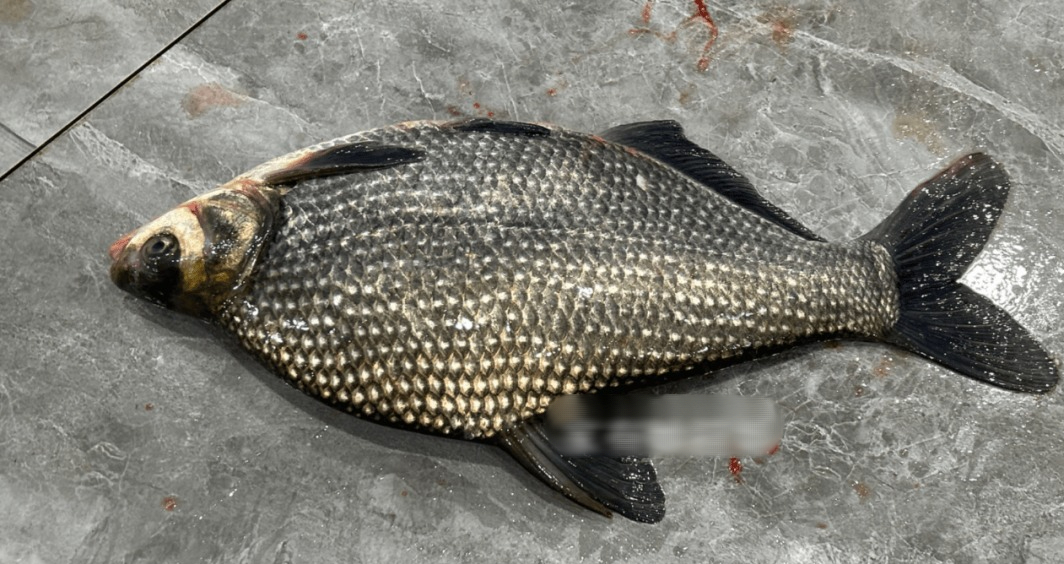
3. “Conceals” the actual condition of the fish
Because black bags are opaque, they sometimes become the perfect “cover” for a few shady tricks. Some vendors may use them to hide fish that aren’t fresh, swap in lower-quality fish, or even shortchange customers on weight.
However, these cases are the exception, not the norm. They’re not the main reason black plastic bags are so widely used. In reality, it’s the durability, ability to mask unsightly stains, and low cost that make black bags the preferred choice at fish stalls.
Tips for Choosing Fresh Fish at the Market
Not everyone knows how to distinguish between fresh and older fish. Here are a few simple tips to help you pick good-quality fish and avoid buying stale or spoiled ones:
-
Check the eyes: Fresh fish have clear, slightly bulging eyes. If the eyes are sunken or cloudy, the fish may be from the previous day.
-
Check the gills: Fresh gills are pink-red and have no foul odor. In contrast, stale fish often have brownish or gray gills and may be slimy.
-
Check the skin: The scales should be firmly attached and have a shiny, vibrant appearance. Some sellers may use black bags to hide dull or damaged fish, so if possible, ask to inspect the fish carefully.
-
Press the body: Fresh fish will have firm, elastic flesh that bounces back when pressed. If it leaves a dent, the fish isn’t fresh.
-
Smell the fish: Fresh fish have a mild, characteristic fishy smell — not sour or strange. For whole fish, check the belly — it shouldn't be bloated or mushy. For pre-cleaned fish, check that the flesh isn’t mushy, pale, or watery.
News in the same category


6 Smart Tips for Choosing Quality Honey Sellers Don’t Want You to Know
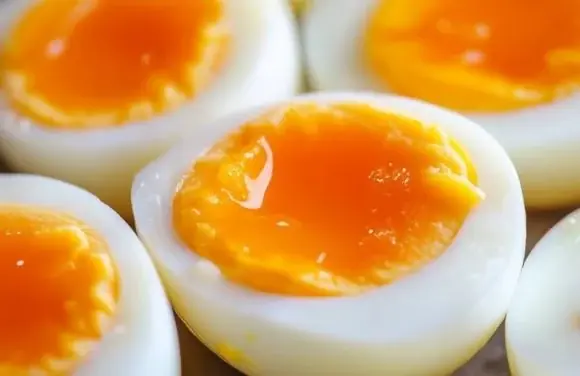
Doctors Warn: This Common Way of Eating Boiled Eggs Can Clog Your Arteries

2 Common Vegetables That Can Harbor Parasites

The 'Vitamin C King' of the Vegetable World
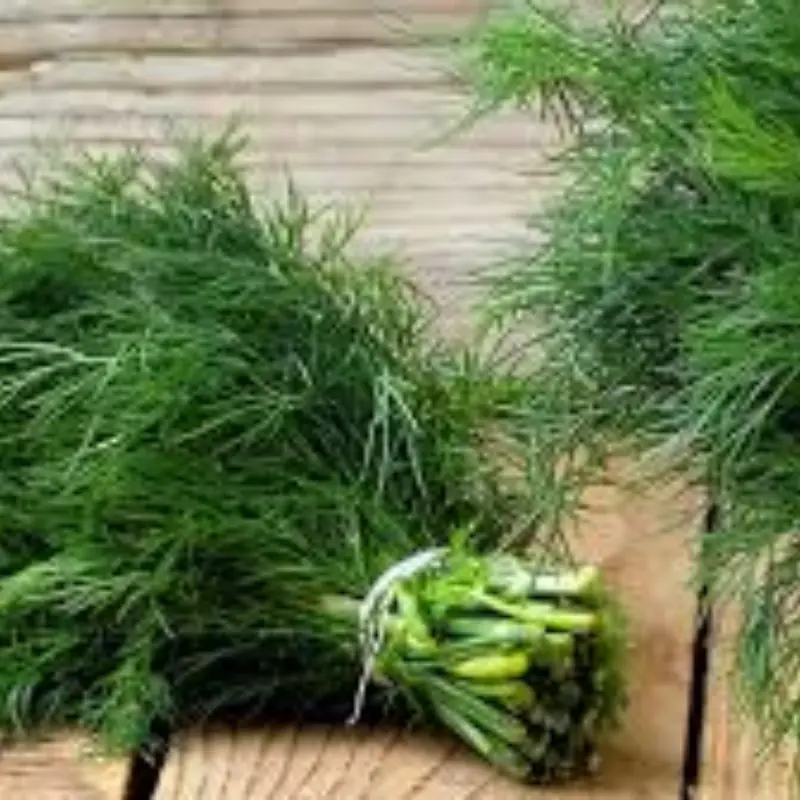
3 Green Vegetables Called the “King” of Sto.mach Protection

Why You Should Not Bring Seeds on a Plane: A Detailed Explanation

10 Powerful Reasons a Simple Smile Can Change Your Life
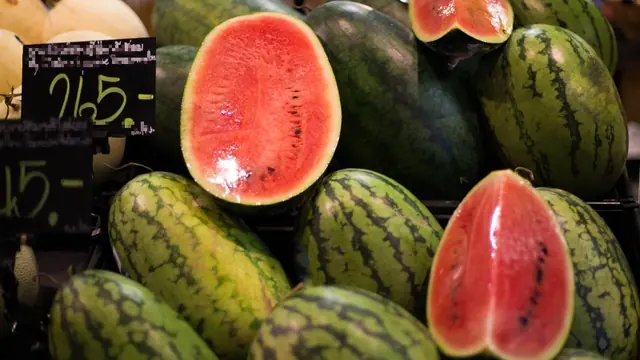
3 Common Mistakes in Storing Watermelon During Summer
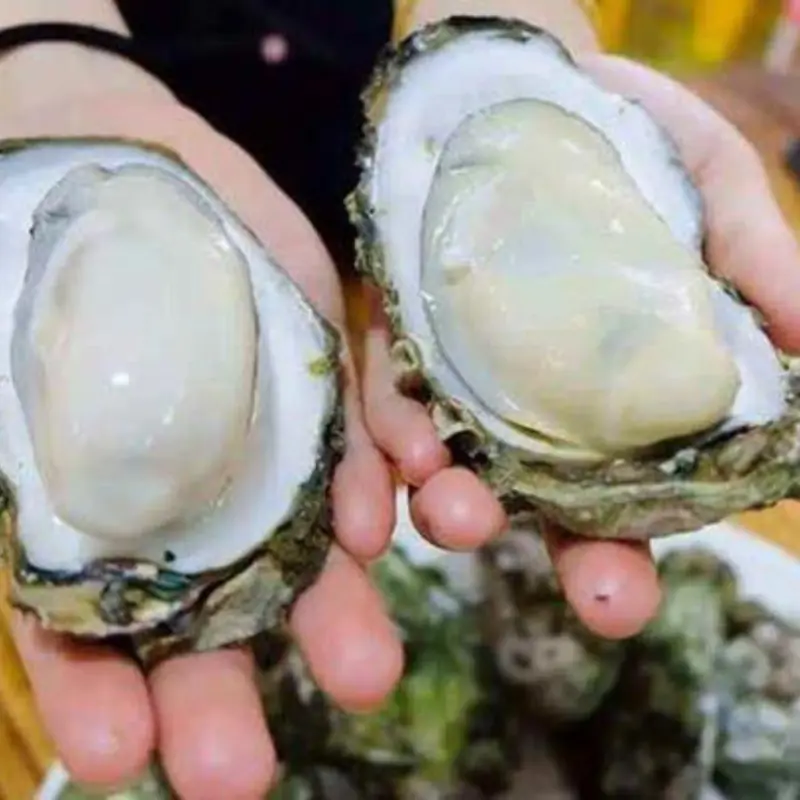
When Buying Oysters, Avoid These 3 Types

Woman Suddenly Suffers Kid.ney Failure After a Meal

Why Dogs and Cats Often Hate Each Other—Most People Don’t Know This

4 Morning Habits That Increase Str.oke Risk—Avoid Them at Any Age
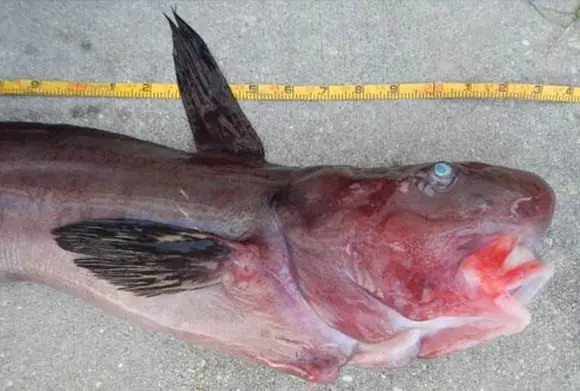
Smart Shoppers Avoid These 3 Types of Fish at the Market

Not a snake, this is the "kil.ler" that can crawl out of your air conditioner

Doctors Discovered 6 Morning Habits Shared by Most Can.cer Patients
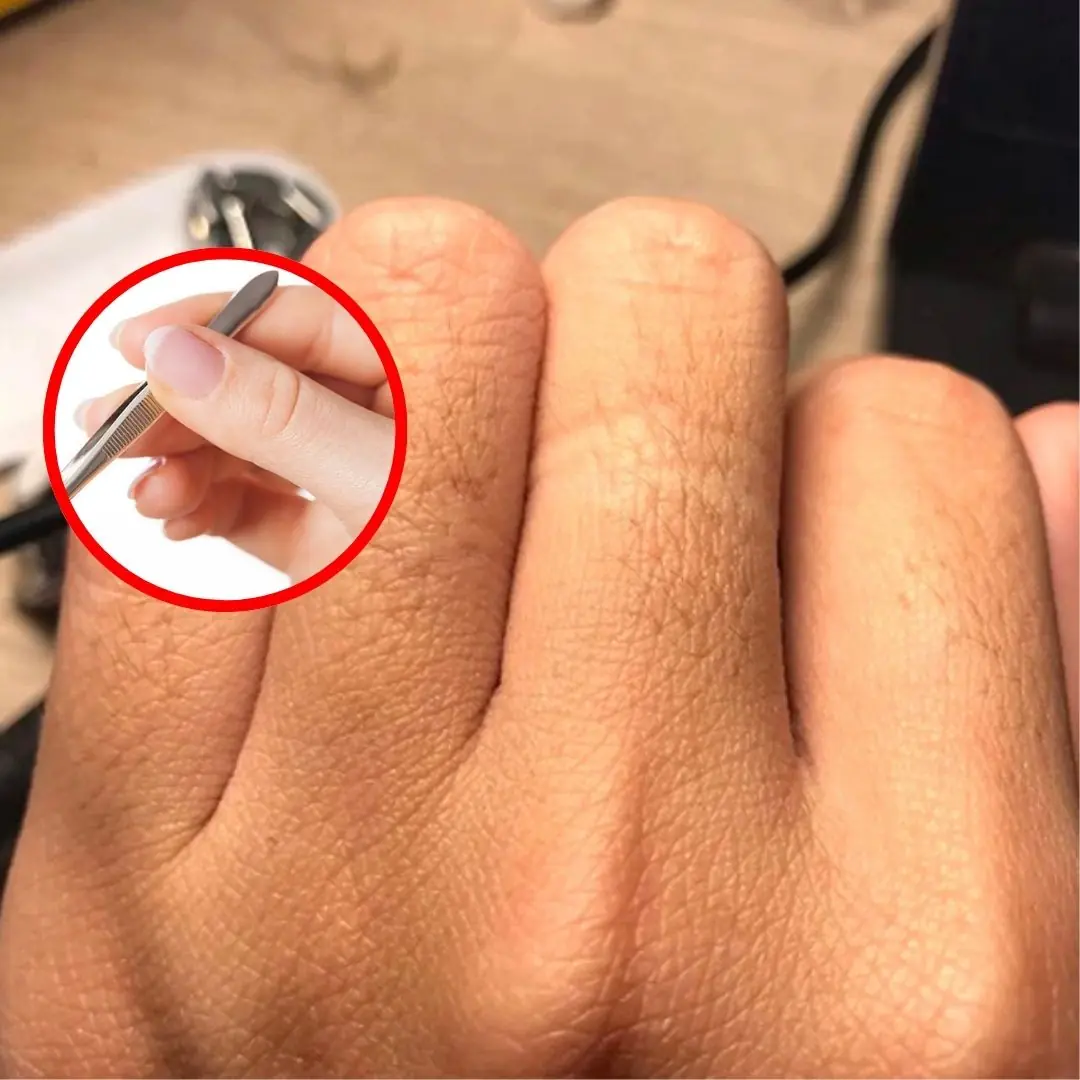
Why do women grow a lot of hair on their fingers?

20 Signs of Can.cer That Women Often Ignore

4 things you do in the morning that bring you closer to a str.oke
News Post

The Most Nutritious Part of the Chicken—“Pricier than Gold” Yet Often Thrown Away by Home Cooks

Doctor Urges 4 Actions to Protect Your Body’s "Blo.od Filter"

6 Smart Tips for Choosing Quality Honey Sellers Don’t Want You to Know

Can overly hot baths harm your heart and circulation?

7 signs of brain c.a.ncer that are easily confused with other diseases

4 Things to Avoid After 5 PM to Lower Your Risk of Stro.ke

Doctors Warn: This Common Way of Eating Boiled Eggs Can Clog Your Arteries
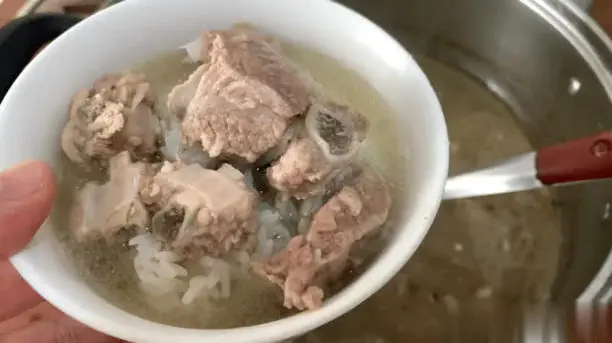
Blanch Bones First or Simmer Directly?

2 Common Vegetables That Can Harbor Parasites

The 'Vitamin C King' of the Vegetable World

Avoid Swimming If You Spot 'Square Waves'

3 Green Vegetables Called the “King” of Sto.mach Protection

Why You Should Not Bring Seeds on a Plane: A Detailed Explanation

Bladder Ca.ncer: Symptoms You Shouldn’t Ignore

4 Healing Drinks to Prevent and Dissolve Kidney Stones

10 Powerful Reasons a Simple Smile Can Change Your Life

The Surprising Benefits of Donating Bl.o.od
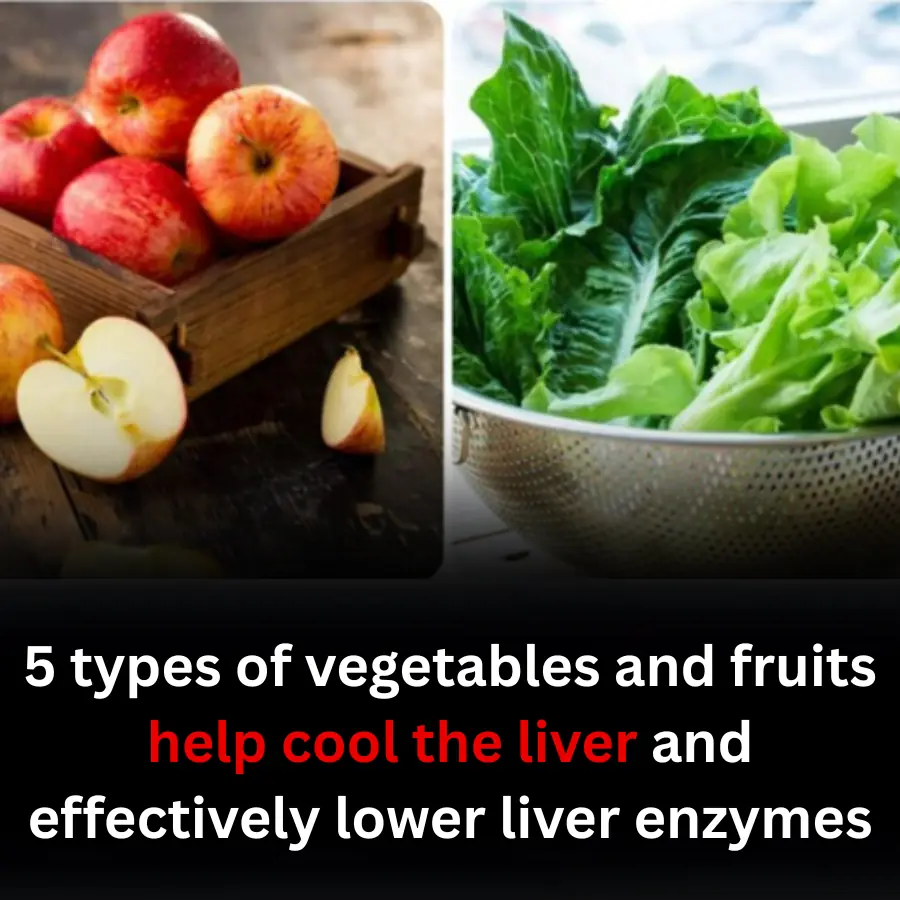
5 types of vegetables and fruits help cool the liver and effectively lower liver enzymes

Top vegetable to help reduce visceral fat extremely effectively, nutritionist reveals 4 more easy ways to lose weight
